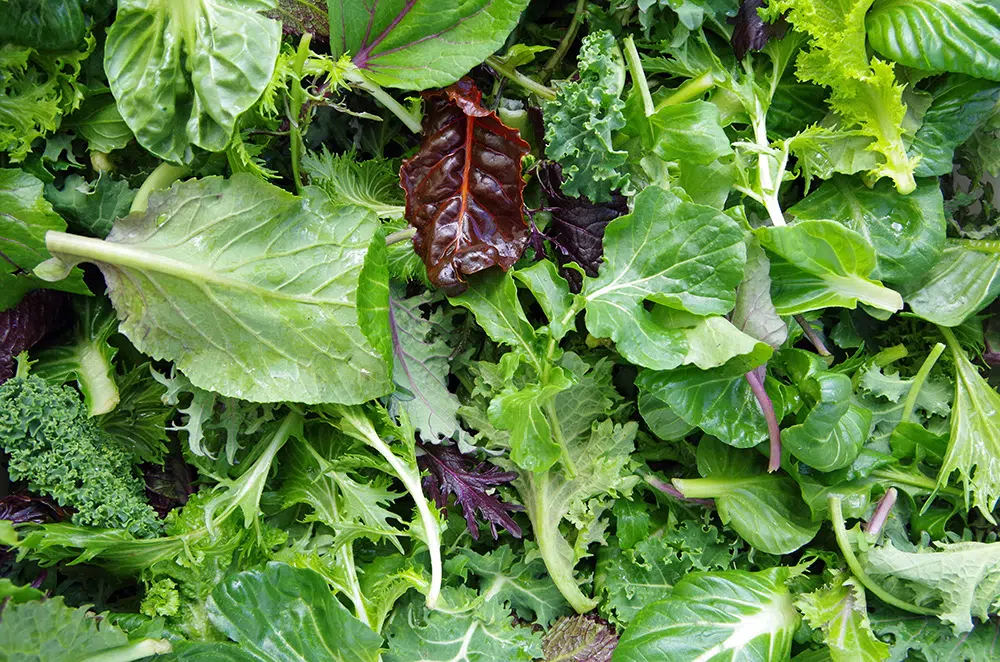Last updated on October 7, 2025
Sperm health is a key factor in male fertility, and two of the most important measures are sperm count and motility. While many influences, such as age, environment and lifestyle, play a role, diet has a measurable impact. Eating the right foods can help support sperm production, protect sperm cells from damage and provide the nutrients needed for optimal function.
In this latest blog, we’ll look at the best foods that increase sperm count and motility, explain the nutrients behind them and show how semen analysis links both fertility support and contraception. By understanding these factors, men can take practical steps to better manage their reproductive health.
Why Diet Matters for Sperm Health
Sperm are highly sensitive to oxidative stress, nutritional deficiencies and hormonal changes. A balanced diet provides antioxidants, vitamins and minerals that help maintain sperm quality.
Key factors include:
- Antioxidants such as vitamins C and E protect sperm from damage
- Zinc and folate play a role in sperm production and DNA integrity
- Omega-3 fatty acids improve the structure of sperm membranes, aiding motility
While food alone cannot resolve every fertility challenge, nutrition forms a foundation for a healthy reproductive system. Combined with good lifestyle habits, it can make a significant difference for men wanting to support their fertility.

Leafy greens are one of the best foods that increase sperm count, thanks to their high folate content.
The Hormonal Link: Testosterone, Sertoli Cells, and Sperm Health
Inside the testes, specialised Sertoli cells act like support staff for sperm, providing the environment and nutrients they need to develop properly. These cells rely directly on healthy testosterone levels, making hormone balance essential for sperm count and quality.
Diet plays a key role here because nutrients such as zinc, vitamin D, and healthy fats help maintain natural testosterone production. In this way, the foods you eat not only influence hormone levels but also indirectly support the Sertoli cells that nurture sperm from start to finish.
Key Nutrients for Sperm Count and Motility
- Zinc: Essential for sperm production and testosterone regulation. Found in seafood, lean meat, nuts and seeds.
- Folate (Vitamin B9): Supports DNA synthesis, reducing the risk of sperm abnormalities. Present in leafy greens, legumes and fortified grains.
- Vitamin C and Vitamin E: Strong antioxidants that reduce oxidative stress, improving sperm motility and morphology. Sources include citrus fruits, berries, nuts and vegetable oils.
- Omega-3 fatty acids: Improve sperm cell structure and energy use. Found in oily fish, walnuts and chia seeds.
- Coenzyme Q10: Provides energy to sperm cells for motility. Found in fish, poultry and whole grains.
The Top Foods That Improve Sperm Count and Motility
Fruits
Fruits are rich in antioxidants and vitamins that protect sperm cells.
- Berries: Blueberries, strawberries and raspberries are high in vitamin C.
- Citrus fruits: Oranges, grapefruits and lemons provide vitamin C and folate.
- Bananas: Contain bromelain, an enzyme linked to improved sperm motility.
Vegetables
Vegetables supply vitamins, folate and carotenoids that support reproductive health.
- Leafy greens: Spinach, kale and lettuce are high in folate.
- Tomatoes: Rich in lycopene, associated with improved sperm morphology.
- Carrots: Provide beta-carotene, which may improve motility.
Nuts and Seeds
Nuts and seeds are excellent for their zinc, selenium and omega-3 content.
- Walnuts: Particularly beneficial for sperm motility due to omega-3 fatty acids.
- Pumpkin seeds: A good source of zinc.
- Almonds: Contain vitamin E for antioxidant protection.
Lean Protein
Proteins provide amino acids, zinc and healthy fats.
- Fish: Salmon, mackerel and sardines are rich in omega-3s.
- Chicken and turkey: Lean sources of protein and zinc.
- Eggs: Contain vitamin D, protein and essential fatty acids.
Whole Grains and Legumes
Complex carbohydrates and B vitamins support energy production and sperm development.
- Lentils and beans: High in folate and zinc.
- Quinoa: Contains protein and B vitamins.
- Oats: Provide selenium and energy for overall health.
Dairy and Alternatives
Dairy products and fortified alternatives can contribute important nutrients for sperm health, particularly vitamin D and calcium.
- Low-fat milk and yoghurt: Provide vitamin D and calcium.
- Fortified plant milks: Alternative sources of key vitamins for those avoiding dairy.

Whole grains and legumes are vital foods that increase sperm count, providing zinc and folate.
Lifestyle Considerations Beyond Food
Diet is important, but lifestyle factors also have a major effect on sperm health. Regular exercise and maintaining a healthy weight help regulate hormones and support sperm quality, while reducing alcohol intake and quitting smoking can prevent the decline in sperm production and motility often linked to these habits.
Sleep and stress management are also essential, as chronic stress and poor rest can disrupt hormonal balance and affect fertility. In some cases, targeted supplements such as zinc, folic acid, or omega-3s may be useful, particularly when dietary intake is lacking.
The Role of Semen Analysis in Fertility and Vasectomy
Semen analysis is one of the most important tools for understanding sperm health. It measures sperm count, motility and morphology, providing a clear picture of male fertility potential.
- For fertility: If diet and lifestyle changes don’t lead to improvements, semen analysis can highlight underlying issues and guide further medical evaluation.
- For vasectomy: After a vasectomy, a semen analysis is carried out to confirm that sperm are no longer present in the ejaculate. This test ensures the procedure has been effective in providing permanent contraception.
In this way, semen analysis plays a dual role, helping men who want to conceive and confirming contraception for those who have completed their families.
Final Thoughts
Supporting sperm health through diet and lifestyle can play a valuable role in improving fertility. From antioxidant-rich fruits and vegetables to zinc-packed seeds and omega-3-rich fish, the right foods provide the nutrients needed for healthy sperm count and motility.
At the same time, semen analysis remains the key tool for assessing sperm quality and confirming outcomes after vasectomy. Whether you are aiming to optimise fertility or ensure permanent contraception, understanding sperm health is an important step in taking control of your reproductive health.
How to book a vasectomy appointment
- Fill out our online booking form
- Call us: 0800 884 408
- Email us: info@thecooperclinic.co.nz
Frequently Asked Questions
What foods increase sperm count naturally?
Foods rich in zinc, folate and antioxidants, such as oysters, leafy greens and berries, can support sperm production. Including these regularly in your diet may help improve overall sperm count.
Which fruits are good for sperm production?
Citrus fruits, bananas and berries provide vitamins and antioxidants that protect sperm cells. These nutrients play a role in maintaining healthy sperm development.
How to improve sperm motility with diet?
Omega-3 fatty acids from fish and walnuts, along with vitamin C from citrus fruits, may enhance sperm motility. A varied diet with these foods helps support sperm movement.
Does diet affect male fertility?
Yes, nutritional intake influences sperm quality, count and motility. Poor diet, alcohol and smoking can have the opposite effect, reducing fertility potential.
What vitamins are best for sperm count?
Zinc, vitamin C, vitamin E and folate are especially important for sperm production and function. These can be obtained through a balanced diet or supplementation if needed.
What foods boost sperm count and motility fast?
There’s no instant fix, but nutrient-dense foods like salmon, spinach and pumpkin seeds support sperm health over time. Consistency in eating these foods is key.







